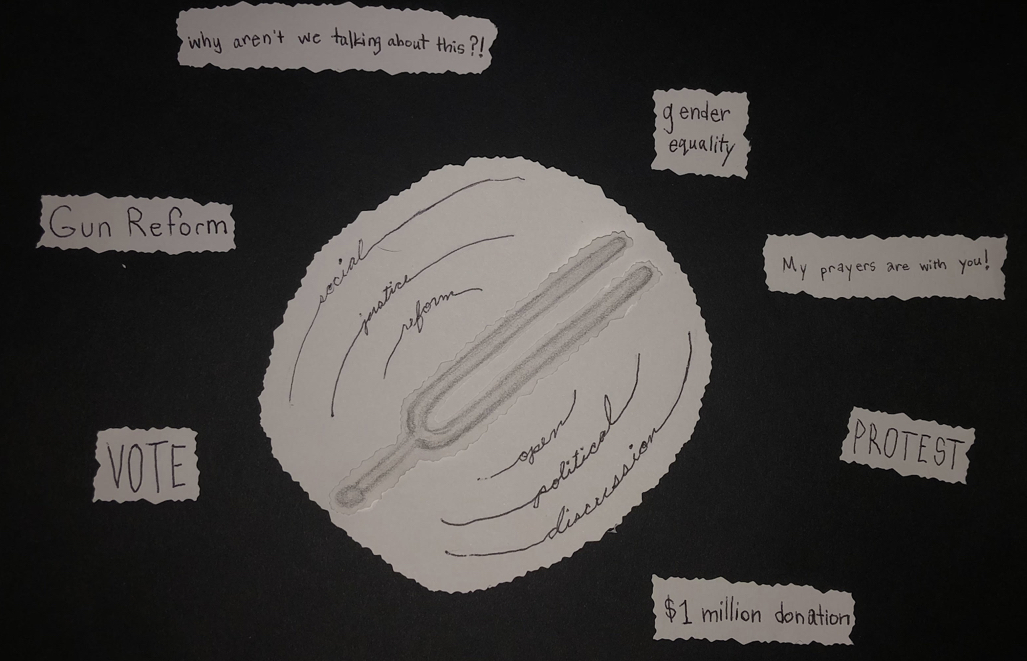India’s government is lashing out at Grammy-winning artist and beauty mogul Rihanna after she took to Twitter to raise awareness for farmers protesting new agriculture laws in India. Farmers there have been peacefully protesting for over two months now, but on Jan. 26, demonstrations turned violent, and in response, the Indian government barred roads and severed Internet connection in an attempt to halt communication and prevent the arrival of more protesters in the country’s capital.
Rihanna, not one to shy away from controversy, has not backed down after criticism from the country’s foreign ministry and numerous Indian celebrities, and continued her political activism by tweeting out her support for Myanmar and its deposed president.
Although Rihanna’s tweet regarding the farmers’ strike may have brought more harm than good for her global image, her mission to raise awareness was successful. Various hashtags related to the protests were trending all over social media. And other public figures like Greta Thunberg followed her lead in expressing their concern over the way the Indian government tried to stop protesters.
As one of the world’s most well-known singers, Rihanna’s influence is immense and continues to grow as she expands her beauty and fashion brands in the business world, and as causes she champions gain momentum with unusual speed.
The recent buzz over her activism is just one example of the significant impact musicians have when they use their platforms to promote social justice reforms or step into the political arena. Last summer during the Black Lives Matter protests, K-pop sensation BTS donated $1 million to BLM, prompting their fans known as ARMY, to match the donation, ultimately raising $2 million for the organization.
In the recent presidential election, countless artists encouraged their followers to head to the polls and vote in what would become the highest voter turnout in history for the U.S., and even though the national election ended in November, pop star Ariana Grande and Broadway veteran Billy Porter among other artists continued to urge Georgia fans to vote in the January runoffs. The state election ultimately resulted in the democratic party taking control of the Senate.
It is clear that musicians’ words and actions have remarkable weight in society, and some would argue that they need to be more mindful of what they are doing and supporting. Rapper Cardi B received backlash for her song, “WAP,” and its music video for being too sexual and explicit. But others defended the song and its creative choices, claiming that critics were holding a double standard when it came down to women rapping about sex. “WAP” opened discussions about sex that were previously seen as taboo and provided another reason to re-evaluate gender discrimination.
Despite the risk of losing listeners and facing repercussions, some musicians believe it is critical that they speak out on the issues. It is a great way for followers who would otherwise not pay attention to the news to get important information. After her Manchester concert, Ariana Grande became very politically vocal, and in one interview questioned the point of having a platform if she was not willing to stand up for her beliefs.
The impact of musicians on politics and social justice is unquestionable. They lead by example and face whatever consequences that may bring head on. When they speak up, they start a necessary and sometimes uncomfortable dialogue that challenges traditional ideas, and in Rihanna’s case, authority. Though people will try to suppress those challenges, questioning tradition leads to a review of what is done and why, which eventually ushers in essential change.
Written by probationary writer Lauren Gantman, laureng2@umbc.edu


